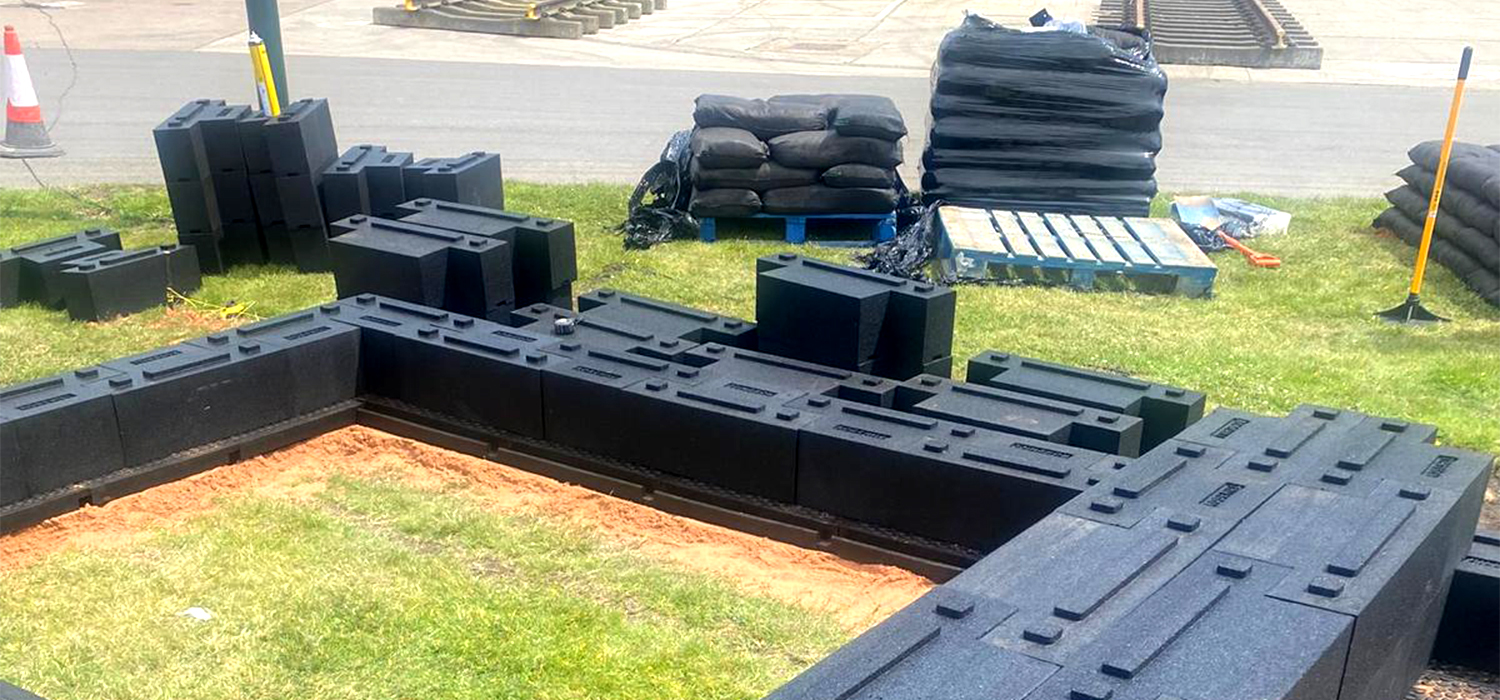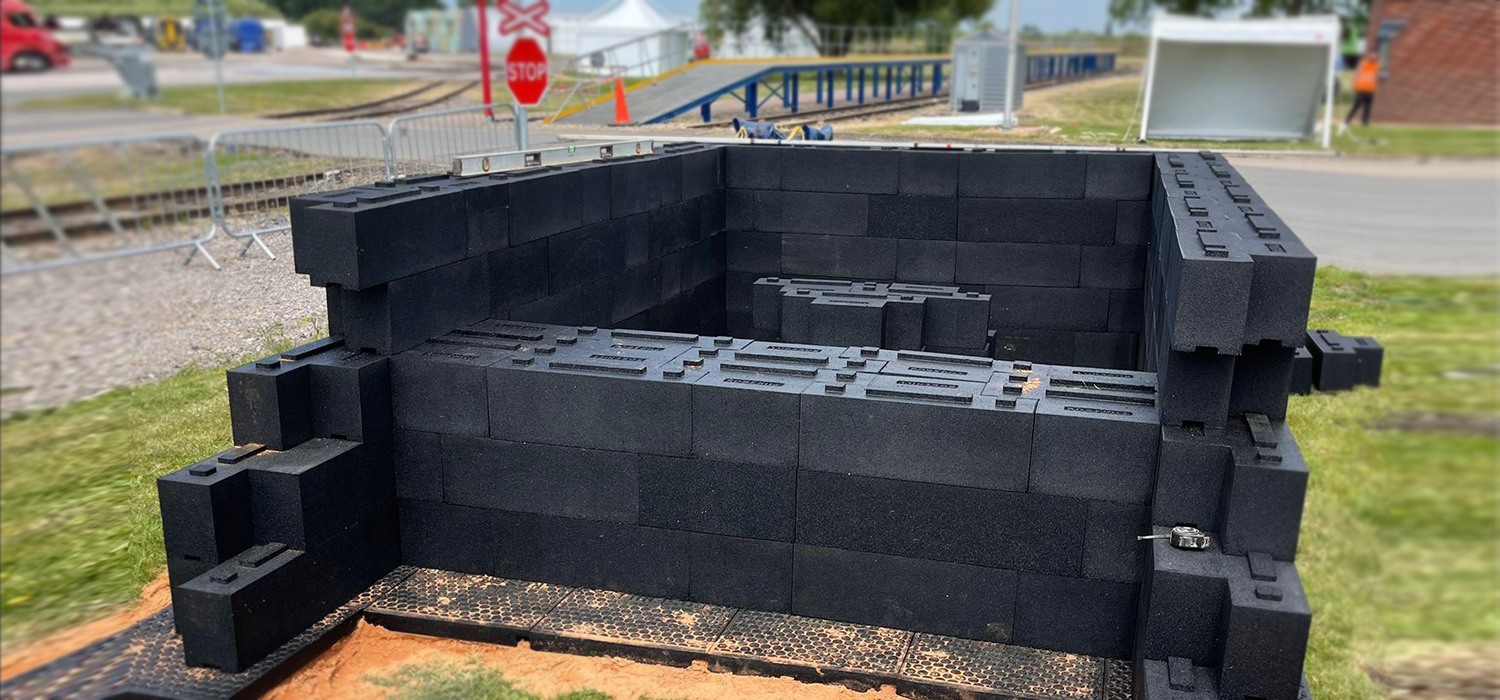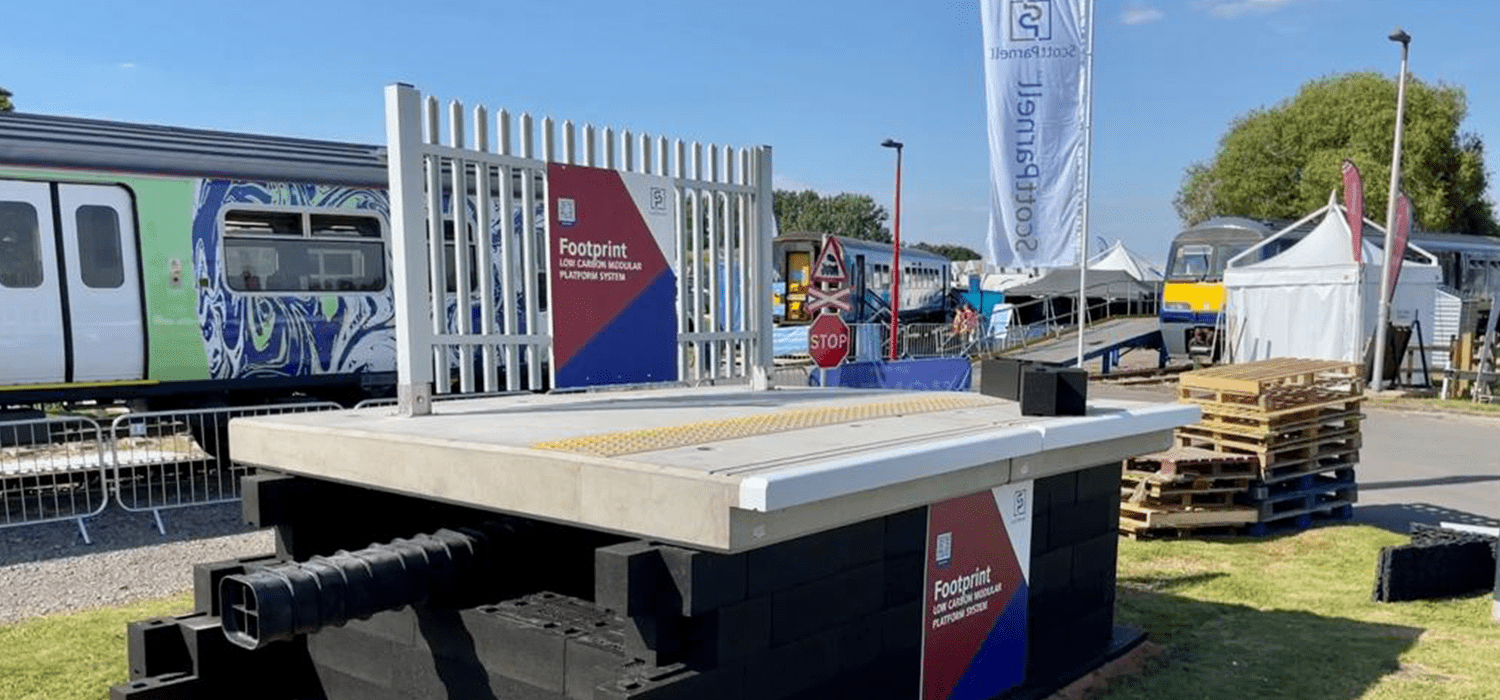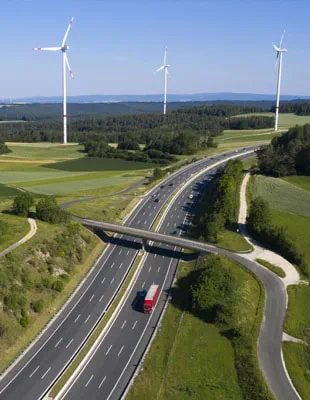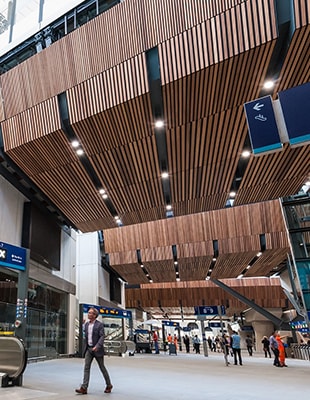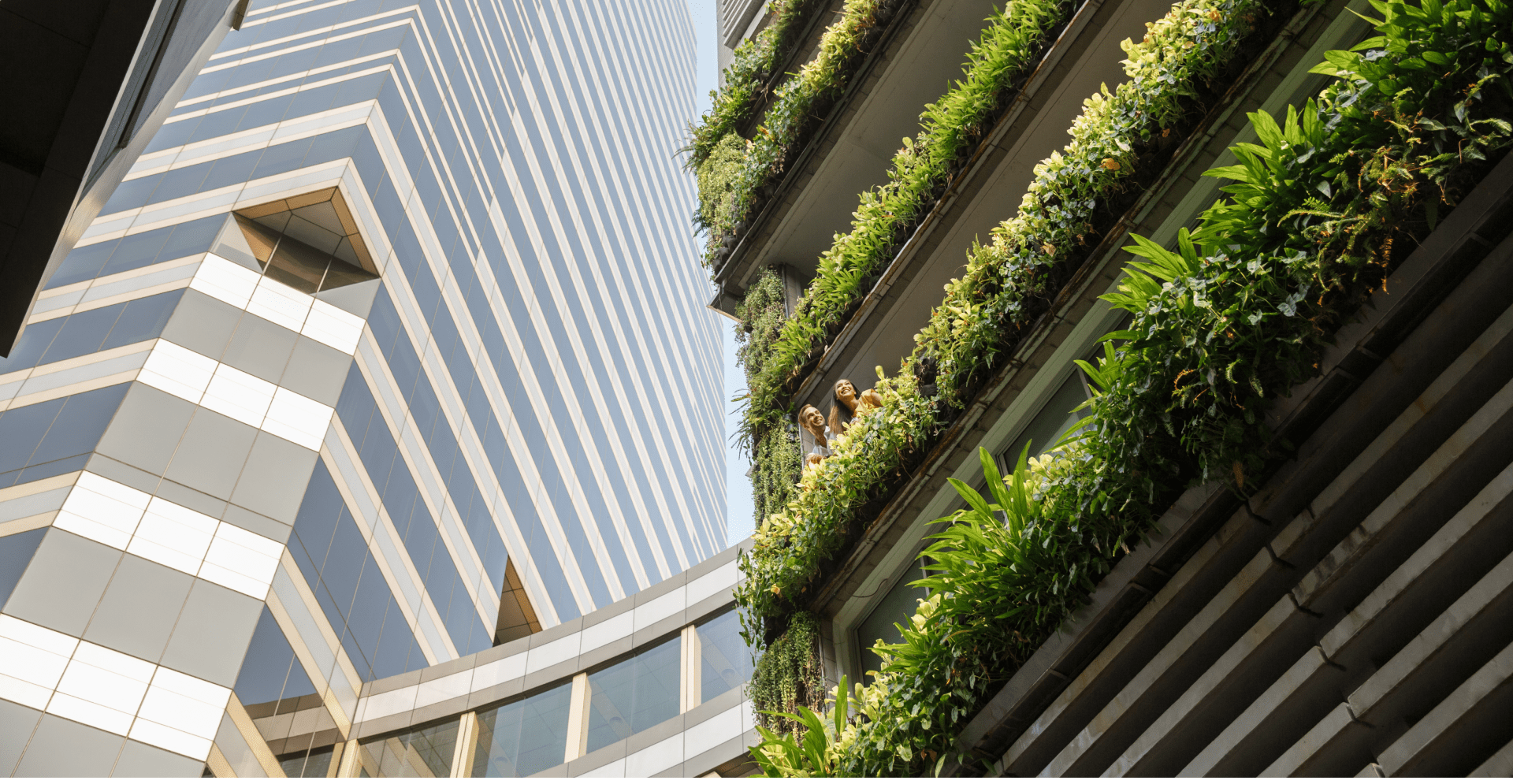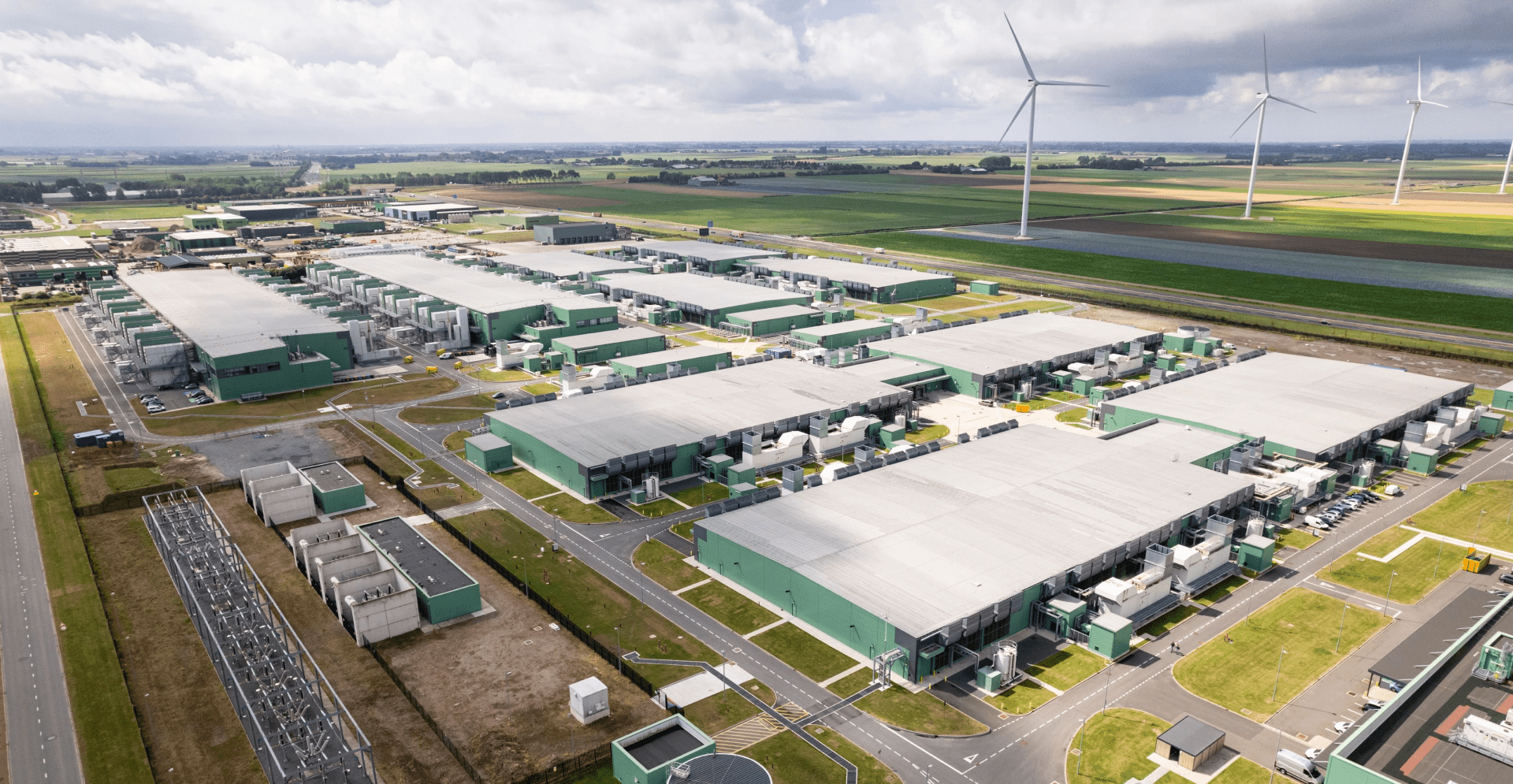Table of Contents
The challenge
Many new rail platforms are needed, across the UK. But traditional building methods use carbon-intensive materials like concrete, contributing to climate change.
25 tons
The UK has set climate goals, to help keep global warming below 1.5OC, which can only be reached by a shift in the most common modes of transport. Transport authorities face the challenge encouraging residents to leave the car at home and use public modes of transportation, like trains and trams. To do this, the rail network will need to be expanded to deal with this demand, which would include more frequent and longer trains. To accommodate longer trains, the existing infrastructure needs to be upgraded with the construction of many new platforms and the extension of existing ones. But building these platforms can be a lengthy and disruptive process, which generates a significant amount of carbon emissions, often embodied in the building materials, in particular concrete and steel. Those emissions, as well as emissions from cars, contribute to climate change and they also constitute air pollution, which is harmful to people’s health as well as the environment.
The solution
We helped develop the low-carbon, Footprint Modular Platform, which is comprised of rubber blocks made from recycled tyres.
25,500
Arcadis experts helped Scott Parnell Ltd develop an innovative sustainable alternative to standard platform construction: the Footprint Modular Platform. This new type of platform is the result of a collaboration between Footprint Civil Solutions (promoter), Rosehill Rail (manufacturer), Scott Parnell (distributer), and Arcadis (designer). This low carbon platform is made from individual blocks, which are made from recycled tyre rubber. The blocks are relatively lightweight and therefore easy to transport and set in place. The Footprint Modular Platform is made according to Network Rail’s specifications, meaning it can be used across the UK.
The impact
This modular platform can save many tons of carbon emissions, while allowing the UK to ramp up its rail capacity.
65,000
The Footprint Modular Platform has a significantly smaller carbon footprint, when compared to platforms made with traditional materials. A 36-meter platform, made using this new approach, saves 25 tons of carbon emissions. Additionally, the rubber blocks can greatly reduce installation time in many ways. First, the construction process is far less contingent upon the weather, unlike laying concrete. Second, off-site modular manufacturing of the blocks enhances consistency and quality of the components, helping to decrease the risk of delays. And third, the lightweight components are also much easier to handle and quicker to install, without the need for heavy lifting equipment.
This new method of establishing new platforms or extending existing ones has the potential to significantly contribute to efforts to ramp up rail capacity across the UK. And this can help stimulate more people to use public transportation, instead of single-owner vehicles, which can contribute to lowering carbon emissions and a cleaner environment.
Not done reading?
This also might be interesting for you
- Related Projects
- Related Insights
- Related Blogs



